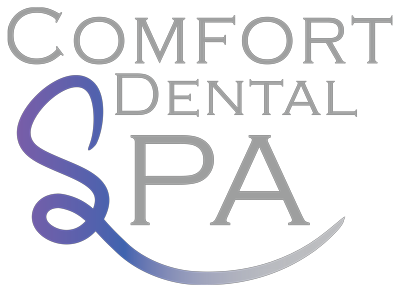TMJ disorder, or temporomandibular joint disorder, affects the jaw joint which acts as a hinge, connecting the jaw to the skull. Although there isn’t one exact cause for the disorder, oftentimes it occurs after you’ve experienced some sort of facial injury or trauma. Because of this and the nature of symptoms you may experience if you have TMJ, it’s difficult to diagnose. However, when you visit your dentist, they’ll be able to examine your jaw and joints (along with other tests) to determine if this is what you’re suffering from. So, when should you visit your dentist about your jaw?
How Do You Know You Have TMJ?
Unfortunately, the symptoms that accompany TMJ disorder also pertain to many other medical conditions – so you may not be able to tell what the exact issue is before visiting your dentist. Having an issue with your jaw joint affects much more than just the area surrounding your jaw, it can even refer to pain to your head or ears. Other symptoms include:
- Clicking or popping sounds when you open or close your mouth
- A locking jaw – getting stuck in one position
- Jaw pain when chewing, yawning, or even just opening the mouth
- Sore or ‘tired’ feeling jaw muscles
Can You Treat TMJ?
TMJ disorder is absolutely treatable, although there isn’t one exact treatment that can alleviate the issue. When you have TMJ, your teeth may fit differently together – sometimes causing you to grind and exacerbate the problem. If this is the case, your dentist may recommend an oral appliance – such as a mouth guard, splint, or bite plate. These are custom-made to fit your teeth and keep them from touching each other, eliminating any grinding and helping to keep your jaw in place.
Are you feeling any pain or soreness in your jaw? Don’t hesitate to contact your dentist, only they can tell if you’re dealing with TMJ disorder (or something different)
